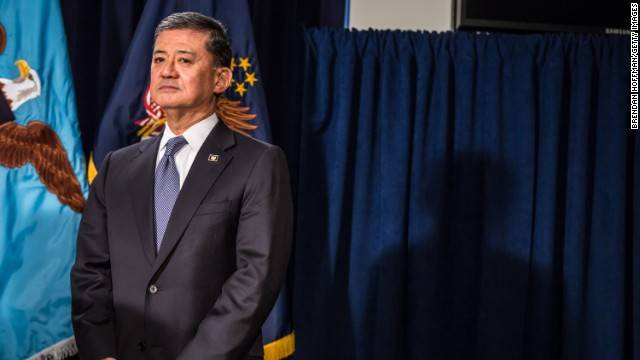OriginalShroom
Gold Member
- Jan 29, 2013
- 4,950
- 1,042
- 190
And some people want the Government to take over our Healthcare when they can't even handle Veterans?
?Decades old problem? exacerbates benefits backlog for veterans ? MSNBC
The Department of Veterans Affairs has been scrambling to fix its backlog, which has reached 584,308 claims that have been pending for 125 days or more. About 873,680 veterans have filed claims and that number continues to grow.




